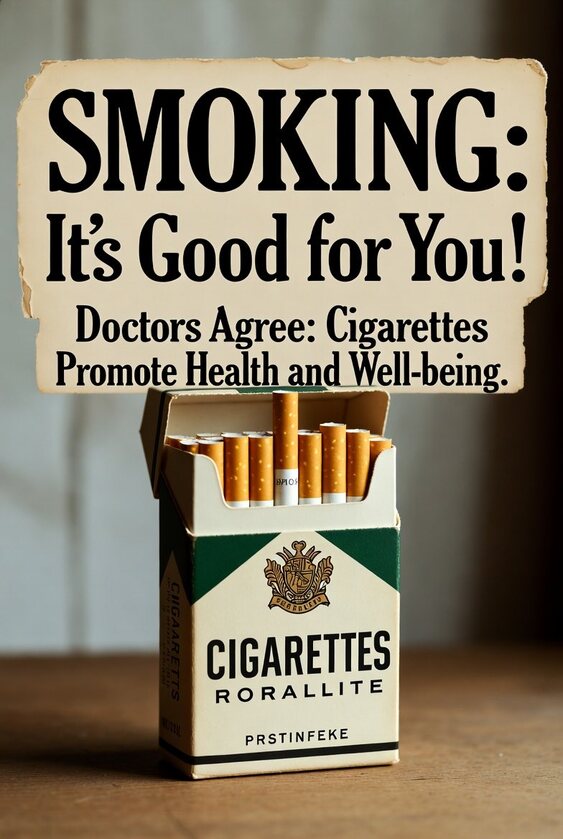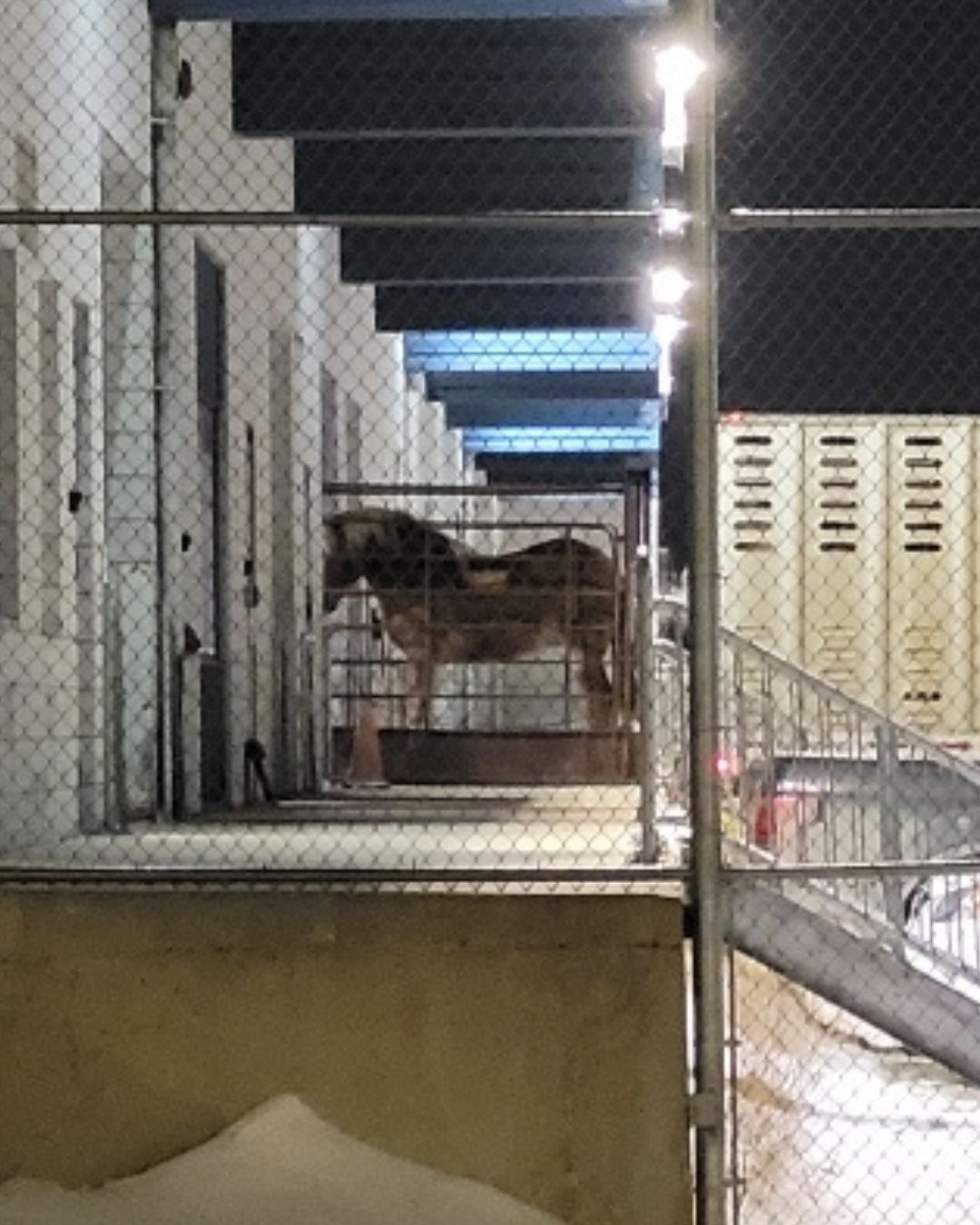Email today to buy or store your DASEIN System 6 can carton today.
[email protected]
When I was younger, it felt like half the ppl I knew survived by being in medical studies as their source of income.
As a result, I sometimes have difficulty taking study outcomes seriously! Because let me tell you, ~nobody getting paid to be in studies is telling the truth.
And sure, studies are designed to filter for that, but it’s much more difficult to control for coordinated deception. It used to be that people doing studies were a cohesive community & would help each other. One person would figure out the right answers or behaviors and then spread the word.
I saw addiction studies with no addicts, smoking studies with no smokers, sleep studies with groups of people alternating responsibility for wearing the monitor each night, etc etc
Now whenever I see the results of some study I kind of squint and try to imagine what the results mean if the participants are a preformed active coordinated group attempting to maximize the income for themselves and their friends.
https://x.com/moxie/status/1773376847918621042?t=UrKVgDHAPE9AMr3Rkaxrag&s=19
Basashi is the term for horse sashimi. The overwhelming majority of sashimi is fish.
ANOTHER SHIPMENT 💔🐴 At 4:05 AM, another export flight of horses left the Winnipeg airport & is now en route to Japan for slaughter. With the windchill, it was -30°C, yet horses were left in crates on the tarmac for hours. Canada must END this now! #CdnPoli
📷 @mbanimalsave
My battery is low and it's getting dark." These haunting words, sent from 225 million miles across the void, became the poignant farewell of NASA's Opportunity rover—affectionately known as Oppy—before it fell silent forever. Launched in 2003 and landing on Mars on January 25, 2004, Opportunity was designed for a modest 90-day (90-sol) mission to search for signs of ancient water. Instead, this plucky little solar-powered explorer defied every expectation, outlasting its warranty by a staggering factor of 55, roaming the Red Planet for nearly 15 Earth years (5,498 days / 5,352 sols). It traversed over 45 kilometers (28 miles), survived brutal dust storms, climbed crater rims, and delivered groundbreaking discoveries: definitive evidence of past liquid water, minerals formed in water, and hints that parts of ancient Mars could have supported microbial life.But in June 2018, a massive planet-encircling dust storm engulfed Mars, blocking sunlight for months and starving Oppy's solar ...

RFK Jr: Food is affecting everything that we do...if a foreign enemy or adversary did this to our country, poisoned us at mass scale, we'd consider it an act of war...
https://x.com/i/status/2023117209036312732

















